I am using Elasticsearch - Bonsai in one of my Ruby on Rails Project. So, far things were going very smooth. But, the moment we launched this application to end-users and people started coming-in, we noticed that a single elasticsearch query takes 5-7 seconds to respond (really bad experience for us) -- Though, we have 8-2x Web Dynos in place.
So, we decided to upgrade the Bonsai add-on to Bonsai 10 and also added NewRelic add-on (to keep an eye on how much time a single query takes to respond)
Below are our environment settings:
Ruby: 2.2.4
Rails: 4.2.0
elasticsearch: 1.0.15
elasticsearch-model: 0.1.8
So, we imported the data into Elasticsearch again and here's our ElasticSearch cluster health:
pry(main)> Article.__elasticsearch__.client.cluster.health
=> {"cluster_name"=>"elasticsearch",
"status"=>"green",
"timed_out"=>false,
"number_of_nodes"=>3,
"number_of_data_nodes"=>3,
"active_primary_shards"=>1,
"active_shards"=>2,
"relocating_shards"=>0,
"initializing_shards"=>0,
"unassigned_shards"=>0,
"delayed_unassigned_shards"=>0,
"number_of_pending_tasks"=>0,
"number_of_in_flight_fetch"=>0}
and below is NewRelic's data of ES calls
Which indicates a big reason to worry.
My model article.rb below:
class Article < ActiveRecord::Base
include Elasticsearch::Model
after_commit on: [:create] do
begin
__elasticsearch__.index_document
rescue Exception => ex
logger.error "ElasticSearch after_commit error on create: #{ex.message}"
end
end
after_commit on: [:update] do
begin
Elasticsearch::Model.client.exists?(index: 'articles', type: 'article', id: self.id) ? __elasticsearch__.update_document : __elasticsearch__.index_document
rescue Exception => ex
logger.error "ElasticSearch after_commit error on update: #{ex.message}"
end
end
after_commit on: [:destroy] do
begin
__elasticsearch__.delete_document
rescue Exception => ex
logger.error "ElasticSearch after_commit error on delete: #{ex.message}"
end
end
def as_indexed_json(options={})
as_json({
only: [ :id, :article_number, :user_id, :article_type, :comments, :posts, :replies, :status, :fb_share, :google_share, :author, :contributor_id, :created_at, :updated_at ],
include: {
posts: { only: [ :id, :article_id, :post ] },
}
})
end
end
Now, if I look at the BONSAI 10 plan of Heroku, it gives me 20 Shards but with current status of cluster, it is using only 1 active primary shards and 2 active shards. Few questions suddenly came into my mind:
- Does increasing the number of shards to 20 will help here?
- It can be possible to cache the ES queries -- Do you also suggest the same? -- Does it has any Pros and Cons?
Please help me in finding the ways by which I can reduce the time and make ES work more efficient.
UPDATE
Here's the small code snippet https://jsfiddle.net/puneetpandey/wpbohqrh/2/, I had created (as a reference) to show exactly why I need so much calls to ElasticSearch
In the example above, I am showing few counts (in front of each checkbox element). To show those counts, I need to fetch numbers which I am getting by hitting ES
Ok, so after reading the comments and found a good article here: How to config elasticsearch cluster on one server to get the best performace on search I think I've got enough to re-structure upon
Best,
Puneet
